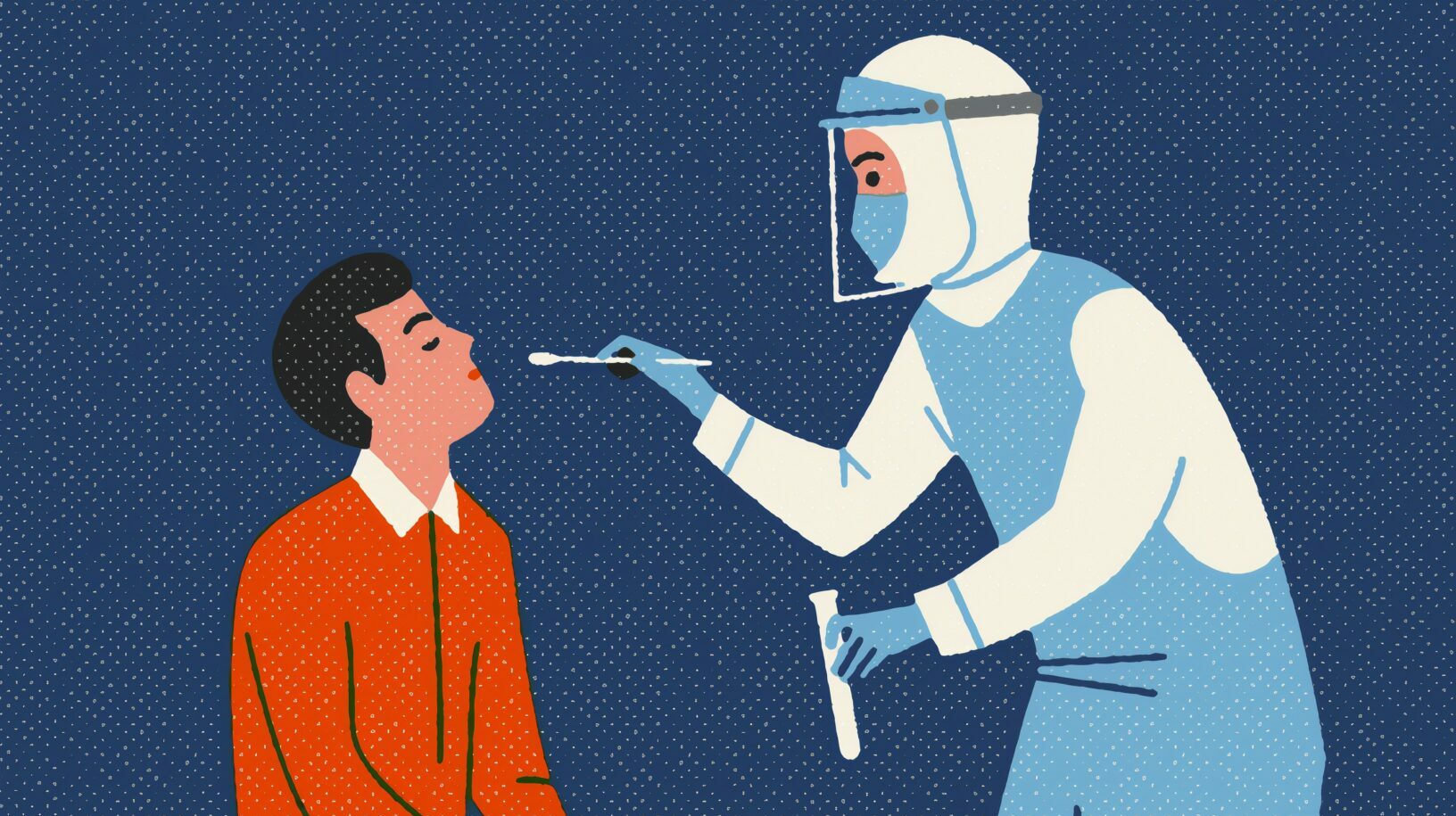A groundbreaking Artificial Intelligence-enabled Covid diagnosis test has been developed by scientists in Scotland, by using the X-ray they will be able to give 98 per cent accurate results in no time.
Researchers at the University of the West of Scotland (UWS) developed the AI programme to help healthcare staff when “when PCR tests are not readily available”.
The pioneering project has been led by Professor Naeem Ramzan, Director of the Affective and Human Computing for SMART Environments Research Centre at UWS, along with that Ramzan, it also involved Gabriel Okolo and Dr Stamos Katsigiannis.
The programme is able to detect the virus faster than a PCR test as the final typically takes around two hours to return a result, claimed the scientists.
How Does It Work?
The technique, which was found to be 98 per cent correct, will use X-ray technology to compare the scans to a database of close to 3,000 images belonging to the coronavirus patients, healthy individuals and patients with viral pneumonia. Following this, an AI process then uses an algorithm to analyse visual imagery and make a diagnosis.
Ramzan said, “There has long been a need for a quick and reliable tool that can detect Covid-19, and this has become even more true with the upswing of the Omicron variant. Several countries are unable to carry out large numbers of covid tests because of limited diagnosis tools, but this technique utilises easily accessible technology to quickly detect the virus.”
The lead scientist further added that, the symptoms of coronavirus are not visible in x-rays during the initial stages of infection, so it is important to note that the technology cannot fully substitute PCR tests.
“However, it can still play an important role in curtailing the viruses spread especially when PCR tests are not readily available,” he said, adding that it could prove to be vital, and potentially life-saving, when diagnosing severe cases of the virus, helping determine what treatment may be required.
Meanwhile, Professor Milan Radosavljevic, Vice-Principal of Research, Innovation and Engagement at UWS, said, “This is potentially game-changing research. It’s another example of the purposeful, impactful work that has gone on at UWS throughout the pandemic, making a genuine difference in the fight against Covid-19. I am incredibly proud of the drive and innovation demonstrated by our internationally renowned academics, as they strive to find solutions to urgent global problems.”











